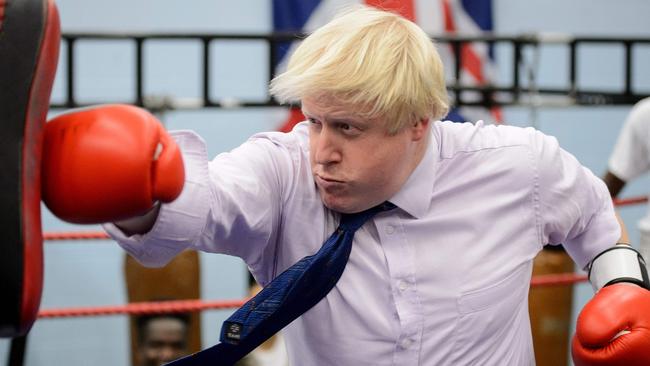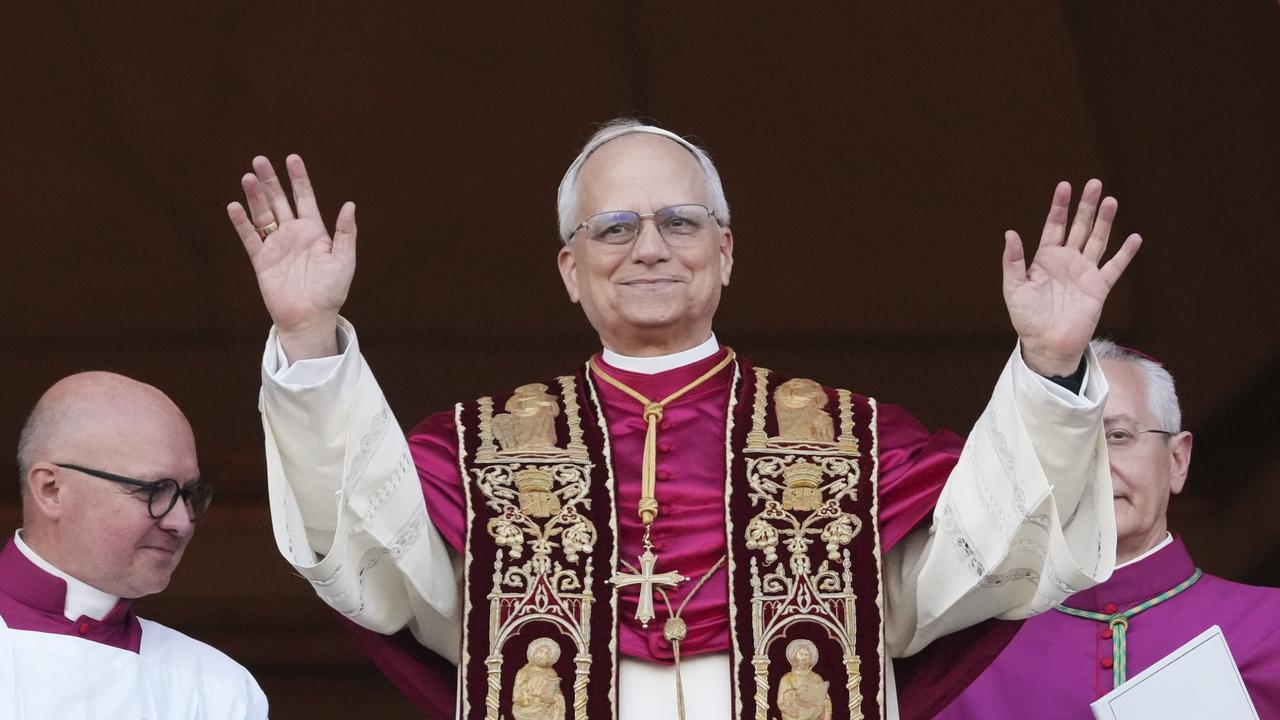
The trouble with the American constitution, the great British essayist wrote in 1867, was that once an incompetent president had been elected, he was virtually irremovable, so long as he did not commit “high crimes and misdemeanours”. Congress could shout as much as it wanted, and the public froth with outrage, but the protests were just “prologues without a play”, as they had no effect on a president’s tenure.
In contrast, the Westminster system’s “elasticity” allowed a prime minister to be promptly, if sometimes messily, removed whenever the majority party, faced with upheavals that jeopardised its political survival, decided the time had come to replace “the pilot of the calm” with “the pilot of the storm”, or vice versa. As a result, rather than having to wait until an election was called and voters’ “instant of despotism” returned, public opinion could bring constant pressure to bear on the choice of chief executive, forcing poor performers to be weeded out before they wreaked enduring damage.
Cast in those terms, Johnson’s defenestration was nothing more than Westminster at work, with all the Darwinian ruthlessness that Bagehot ardently admired.
Yet as the third Conservative prime minister in a row meets an early demise, it is hard not to feel that more than mere electoral calculations are involved. Instead, last week’s events smack of the pathologies that mark the end of an epoch. And while history does not indulge in repeat performances, the similarities to the crises that rocked Britain at the close of the Victorian era are too striking to easily dismiss.
Then as now, the exceptionally long reign of a revered sovereign had masked far-reaching social changes whose scale and impacts outstripped the established parties’ way of operating.
New tensions had emerged, and old tensions worsened, as the kingdom’s unity was threatened by persistent conflict over the future of Ireland, as well as by nascent separatist movements in Scotland and Wales. Adding to the problems were the explosion of aspirations – such as those of women for full equality – that transcended party lines, along with the seemingly intractable difficulties of meeting demands for public spending without imposing taxes that would cripple an already lagging economy.
Meanwhile, as the domestic woes mounted, Britain’s international role became increasingly uncertain. Britain was a “weary titan” that was condemned to “stagger under the too vast orb of its fate”, warned Joseph Chamberlain, the period’s towering politician and secretary of state for the colonies. Unless it could counter the rapidly growing strength of potentially hostile powers, its global sway would inexorably shrink, and the country’s sovereignty with it.
But no matter how pressing those issues were, George Dangerfield – whose The Strange Death of Liberal England (1935) remains the outstanding reflection on the period – considered them far less fateful than the disappearance of the spirit of moderation that had allowed the “liberal England” of Queen Victoria’s reign to absorb seismic shocks and stresses.
Angry electorates had lost any appetite for compromise; a public mood of exasperation poisoned relations within and between the parties, while intensified competition for votes encouraged political leaders – along with the burgeoning popular press – to push rhetoric to its extremes, staking out positions from which there was no retreat.
To make things worse, Victoria’s heirs lacked her decades of experience, and partly by accident, partly by design, fuelled the tensions they should have pacified. Little wonder, then, that political rivals morphed into enemies and that the disagreements that are democratic politics’ daily bread escalated into intractable disputes.
Only the outbreak of World War I, Dangerfield concluded, had defused the unfolding drama, but even then merely temporarily and unsatisfactorily.
That there are salient differences between today’s issues and those Dangerfield identified in early 20th-century Britain is obvious. But it is equally clear that British politics is once again groaning under pressures that have sapped its foundations.
With the era of Elizabeth II approaching its close, the system struggles to cope with challenges that range from increasingly fickle voters – whose wild swings compound the anxiety felt by vulnerable backbenchers – through to the difficulties of assembling viable coalitions in a highly heterogeneous electorate.
And as happened both in the Edwardian era and in the post-war governments of Harold Macmillan and Edward Heath, accelerating inflation has made the tensions between fulfilling lavish electoral commitments and protecting the fixed-income constituencies that form a crucial part of the Tories’ heartland unmanageably acute.
Yet for all of those forces’ strengths, they just set the kindling; then, in the form of BoJo, came the match. Whether it was inevitable that he would trigger a conflagration will be debated forever. He was, after all, a formidable campaigner and showed himself a worthy successor to Benjamin Disraeli – the first Tory leader to understand the deeply conservative instincts of the British working class – in broadening his party’s appeal. Moreover, as a shameless political cross-dresser, he too, like Disraeli, appeared to simply enjoy the game of politics for what it is, and to revel in his own ability to constantly conjure something unexpected out of looming disaster.
What he didn’t grasp, however, was the public’s increasingly virulent allergy to sleaze and dishonesty. No one could accuse Johnson of being a hypocrite: as best one can tell, he had no principles to betray.
But he was economical with the facts at a time when voters, submerged by misinformation, hankered for truthfulness, if not always for the truth. In a world awash with fake news, the 2010s quest for authenticity was giving way to a no less quixotic quest for sincerity – a quality that has never been politics’ natural bedfellow.
Whether the Tories can adapt to that trend remains to be seen. Britain’s 20th century was a century of conservatism, with the Conservatives holding office for 68 years, often on the basis of handsome majorities that made for stable government.
Now, in less than a decade, they have galloped through the gamut of prime ministerial styles, going from David Cameron’s polished centrism to the businesslike Theresa May, before alighting on Johnson’s erratic populism.
None worked; perhaps the underlying structural turbulence means that none will, so that the revolving door will continue to spin – for them, and maybe for Labour, which is also racked by searing divisions.
As a post-Brexit Britain seeks its place in the world, and braces for the end of Queen Elizabeth’s reign, the infinite “elasticity” of the British constitution that Bagehot celebrated may prove less a virtue than a vice.




Seen in the perspective of two countries separated by a common language, the forced resignation of Boris Johnson might be viewed as simply confirming Walter Bagehot’s claims about the Westminster model’s superiority to its American counterpart.